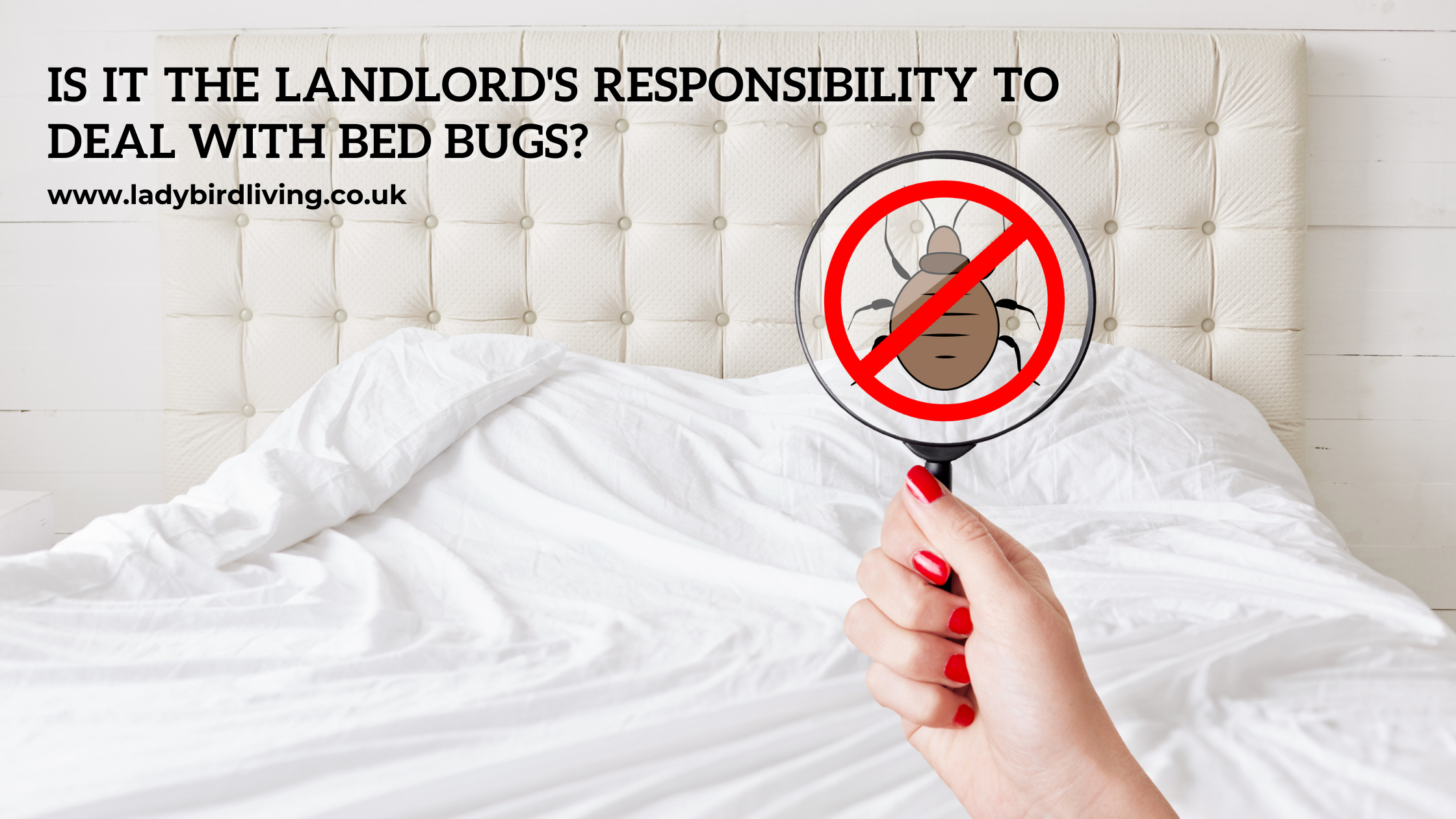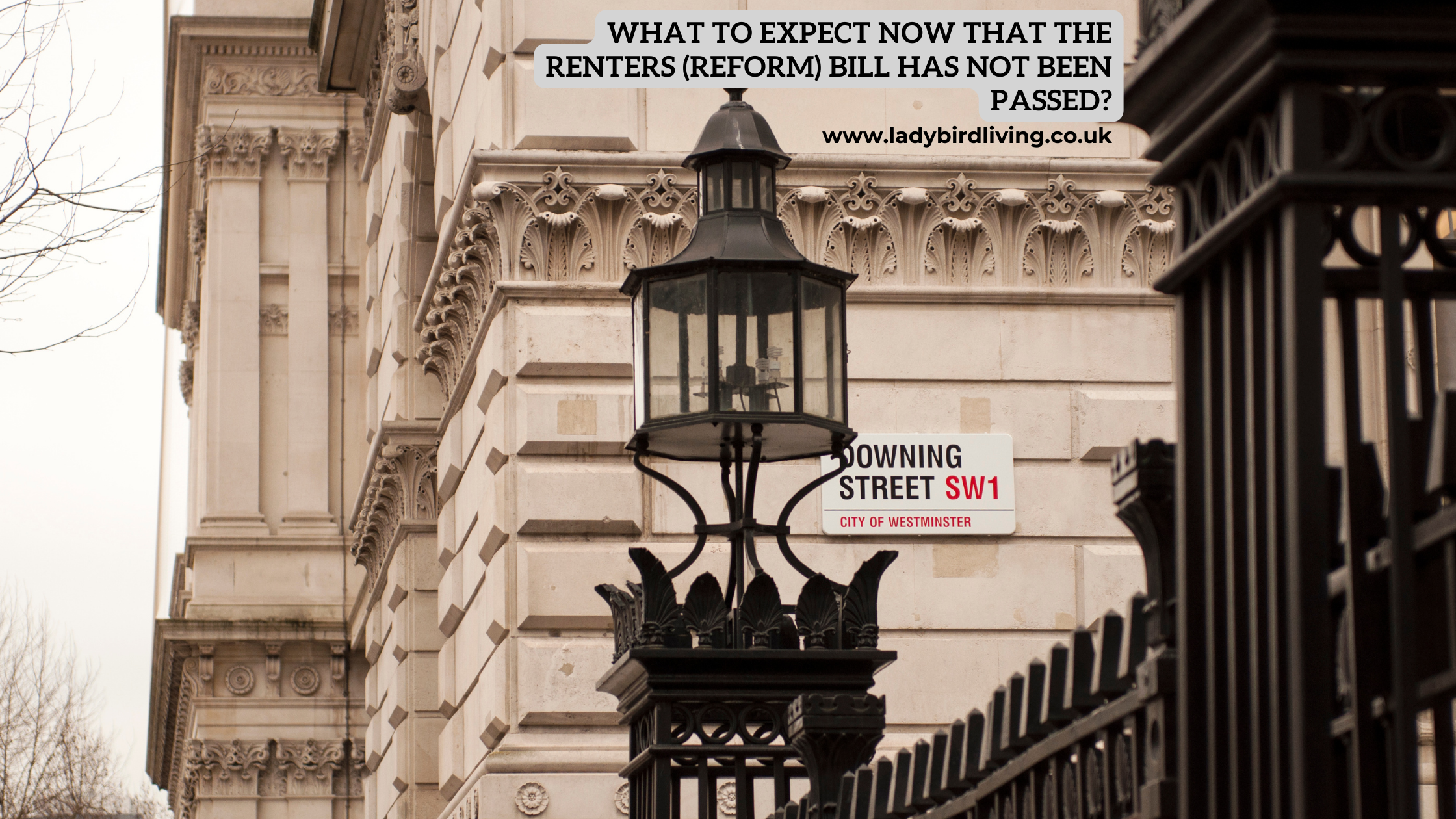
Is it the landlord's responsibility to deal with bed bugs?
Bed bugs are currently making headlines, with reports indicating their presence on public transport, in hospitals, and, inevitably, in people’s homes. The mere thought of them can be quite unsettling. It is crucial to adopt a practical and measured approach to address the issue and determine who should be accountable for eradicating these pests.
What Are the Issues with Bed Bugs?
Bed bugs fall under the category of “nuisance pests.” While they do not transmit diseases, they are indeed bothersome to live with and challenging to eliminate. Measuring just 5-7 millimetres in length, these tiny creatures can easily infiltrate homes without detection. They can survive without food for up to six months, often remaining unnoticed until a full-blown infestation occurs.
What Are the Signs of a Bed Bug Infestation?
Bed bugs tend to reside in fabrics such as furniture and bedding but can also lurk beneath pictures, loose wallpaper, or even on seats of public transportation. Due to their small size and nocturnal activity, spotting the bugs themselves can be challenging. Instead, it is often easier to identify signs of their presence. The NHS lists the following indications of bed bugs:
- Small, itchy bites on exposed skin, like the face, neck, or arms.
- Blood spots on bedding from inadvertently crushing the bugs.
- Small brown stains on bedding or furniture.
Is It the Landlord’s Duty to Handle a Bed Bug Infestation?
When tenants confront a bed bug infestation, their initial inclination might be to contact the landlord. However, determining responsibility for eradication can be unclear. A landlord’s primary obligation is to ensure that a property is habitable for tenants. If a landlord rents out a property already infested with bed bugs, the tenant has every right to request that the landlord address the issue and remove the pests. Consequently, landlords bear the responsibility for eliminating bed bugs before a tenant moves in.
Infestations become the landlord’s responsibility if pests infiltrate due to property-related issues, such as missing roof tiles, broken vents, air bricks, or leaking pipes. This is typically easier to substantiate in cases involving pests like rats, where a clear point of entry can often be identified. If the landlord is deemed responsible, they must undertake the necessary repairs and arrange for pest control services. If the landlord fails to resolve the issue, the tenant may seek further assistance from the local council.
When Should the Tenant Assume Responsibility for Bed Bug Removal?
In cases where a tenant has resided in a property for an extended period, it is likely that they introduced the bed bugs themselves—unknowingly carried on luggage or brought in by a guest. Consequently, the responsibility for pest control and removal falls on the tenant. Regardless of the responsible party, the tenant should promptly notify the landlord to determine how to address the problem and maintain open communication throughout the removal process.
How Can Letting Agents and Landlords Assist Tenants in Preventing Bed Bug Infestations?
It is advisable to regularly inform tenants about measures to safeguard themselves from bed bug infestations. Encourage tenants to:
- Wash bedding and clothing in hot water (at least 60 degrees Celsius) and tumble dry on a high temperature setting for 30 minutes.
- Freeze affected clothes and bedding for a few hours before washing.
- Clean and vacuum frequently, promptly disposing of the vacuum contents (as bed bugs can survive in the vacuum dust).
- Avoid clutter around the bed.
- Inspect all second-hand furniture before bringing it into the home.
- Refrain from bringing in clothes or luggage from places where bed bugs may be present.
The information in this post is valid to the best of our knowledge on the date of posting. It is advised that you seek independent advice based on your individual circumstances.
T +44 (0)203 488 1488
W: https://www.ladybirdliving.co.uk/
Recent Posts






